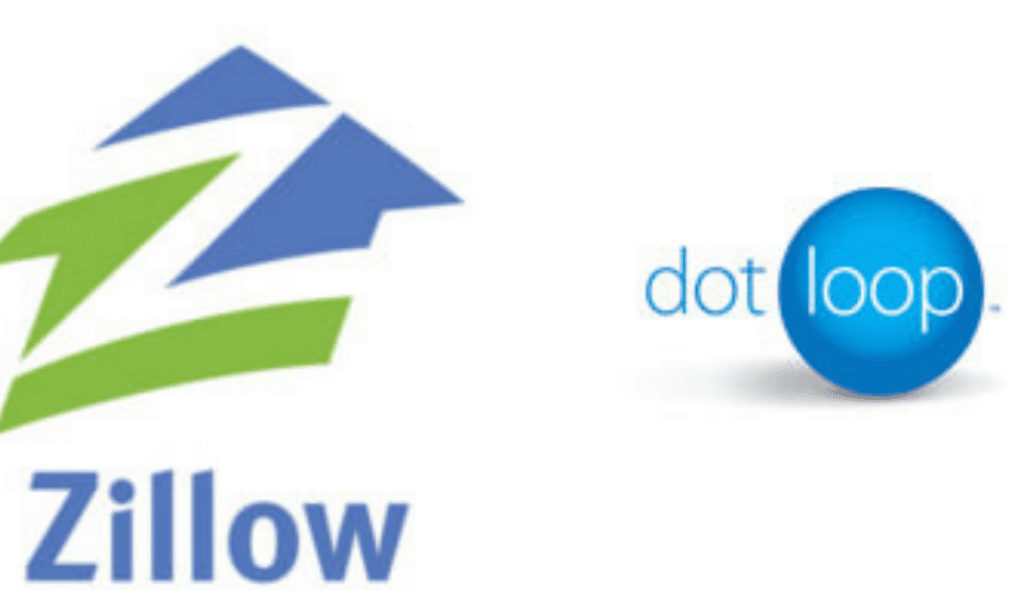One of the biggest benefits of using a real estate agent has long been their access to the Multiple Listing Service (MLS®), marketing databases set up and maintained by groups of cooperating real estate brokers across the country. In fact, the MLS® has been first and foremost a cooperative marketing agreement between real estate brokers. Each serves its own area, and each has its own rules for the quality and content of new listings added to their respective databases. There has been a push to consolidate localized MLSs into a statewide MLS for a variety of reasons. Listing data stored in a multiple listing service’s database is the proprietary information of the broker who has obtained a listing agreement with a property’s seller.

For more than five decades, the National Association of Realtors (NAR) and the broker-controlled MLS® system has been the primary marketplace connecting buyers and sellers of real estate in the United States. The MLS® has data that cannot be found in other places, such as showing instructions, scheduling, disclosures that need to accompany a contract, and even working tools that are not available in other platforms. And it is still the go-to source in day-to-day business for most real estate professionals.
The MLS® listings have allowed sellers to expose properties to thousands of potential buyers not otherwise accessible and allowed buyers the benefit of instant access to listings that match specified criteria. This service has saved everyone involved in real estate transactions — buyers, sellers, and their agents — time and legwork in sorting through the millions of properties on the market. But recently the dominance of the MLS® has become threatened by the Internet.

The Internet has revolutionized nearly every industry, and real estate is no exception. Real estate information on the Internet is readily available and a growing number of homebuyers across America are increasingly looking for new homes on the web before contacting a real estate professional. This is a move that could destabilize the current business model of American Realtors.
If Not the MLS®, Then What?
From its inception, the real estate industry has relied on the timely dissemination of information. And until recently, real estate professionals were the exclusive custodians of that information, maintaining a tight rein so that prospective buyers and sellers had to rely solely on an agent. But the Internet has changed everything, flipping the traditional model upside down and putting the customer at the helm. As a result, there has been a major paradigm shift in the way the real estate industry transacts business. Buyers and sellers have less need of the MLS®, due in large part to Internet search capabilities and a burgeoning number of online service providers specializing in real estate.
Consequently, homebuyers have more knowledge and more options than ever before and many are taking the home search into their own hands, challenging MLS® systems by accessing online real estate marketplaces. These marketplaces also offer the public the ability to view some of the MLS® listings, which in turn erodes the exclusivity of an MLS®.
In the current environment, consumers well versed in the ins and outs of utilizing the Internet do not even have to leave their homes to shop for property. From the time a property comes on the market, it is possible for a potential buyer to completely view and assess the property, write an offer, and get it to the seller’s agent within hours. There was a time that process could take up to a few weeks.

Consumers, in search of information about their local housing market are making online marketplaces their first stop, even though real estate brokers and agents often have more complete listing data. Online real estate marketplaces, readily available to the consumer, include sites such as Zillow, Trulia, Realtor.com, Redfin, Homelight, Homes.com, and numerous others. But as with all things, there are pros and cons. For example:
Pros:
- It is inexpensive, if not free, to list your home.
- Both buyer and seller have direct access to information about the property in question.
- Online real estate marketplaces have a nationwide audience.
Cons:
- Price-valuation tools on real estate marketplaces can vary wildly and may not be reliable.
- None provides a complete picture of what is currently on the market.
- In some instances, there has been misrepresentation of who the listing agent/firm is.
What Does This Mean for the Future of the MLS®?
Real estate websites and marketplaces like Zillow, Realtor.com, Trulia, etc., are threatening what was once the exclusive domain of the NAR and the MLS®. Consequently, no one in the real estate industry would deny there is a necessity to adapt in order to keep up with rapid technological developments. Real estate professionals will have to become more transparent and accessible to compete with rival services, and they will have to keep pace with the rapidly changing demands and expectations of an Internet-savvy public.

Buyers and sellers will likely see a hybrid model emerge as many real estate agents retain their role as the primary source of listing data and local market expertise, while publishing their listings through a variety of MLS® and non-MLS® channels. In fact, real estate professionals may be better served to abandon efforts to drive homebuyers exclusively to their own websites and instead serve consumers who prefer a small number of popular, data-rich real estate marketplaces. Moreover, the biggest challenge faced by real estate professionals will likely not be whether technology makes them obsolete. It will be coming up with a new value proposition that reflects how they can help consumers in a tech-driven marketplace.
Regardless of any projections made, the debate over the future of MLS® data will ultimately be decided by consumers who will vote with their mouse clicks on how they prefer to search for homes. And the real estate industry will ultimately adapt. This transition will not happen overnight, as there are many factors in place that will understandably resist these changes. However, brokerages of the future will not be able to ignore non-MLS® websites that attract extensive numbers of home shoppers.



